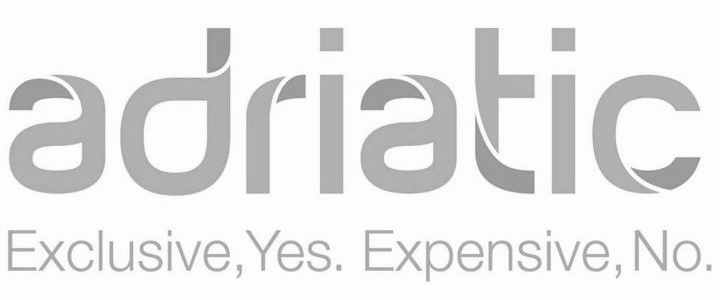Telephony systems can be deployed in a number of ways including – traditional on-premise PBXs and, hosted cloud-based PBXs with handsets or with softphones that operate on computers and smart phones.
If your organisation is still relying on a traditional PBX system and considering upgrading, it could be time to transition to a hosted system and experience the many benefits that cloud-based technology has to offer.
With a hosted cloud-based PBX solution, your service provider hosts your PBX system. This instantly eliminates the costs of PBX hardware, installation, operation and maintenance, meaning you can focus resources on other priorities within your company.
With a Hosted PBX your business can take advantage of all the features of a traditional PBX complimented by more advanced features – all at reduced costs with less risk. More and more customers are moving to hosted cloud-based systems for a number of compelling reasons, the Top 5 reasons detailed below.
1. Significant Cost Savings
Hosted phone systems typically provide significant cost savings for businesses switching from traditional telephone systems. They cost less to install and operate, and monthly fees tend to be significantly lower and easier to predict. Most importantly, hosted systems involve very little or zero up-front equipment charges.
With a traditional PBX solution, you are required to pre-purchase and house physical hardware on-site and be responsible for its installation and maintenance. This leads to added capital investment as well as ongoing operating costs for power, air conditioning and utilities. Hosted PBX systems do not require any on site hardware footprint apart from handsets.
Several charges associated with traditional systems disappear when businesses switch to hosted solutions. For instance, since all phone calls run over an Internet connection, no ISDN or SIP lines are required from existing carriers. Hosted systems can handle virtually unlimited phone numbers and extensions with only small incremental costs.
2. Maintaining Reliability and Business Continuity
A traditional on-site PBX system will be vulnerable to forces that are outside your company’s control, such as a power or hardware failures. With a hosted telephony system, your company can enjoy a high-level of reliability and redundancy as hosted platforms are hosted in data centres with high levels of redundancy built into the architecture natively.
One of the most catastrophic and unpredictable failures a phone system can encounter is a natural disaster. An on-site phone system is impossible to protect against physical disasters, meaning you might have to start from scratch if your company was unfortunate enough to suffer from one. With a hosted PBX system, you could set up in a new location, or from home, and get back to business straight away – your company’s entire set-up will still be protected in the cloud.
3. Business Continuity and Working From Home
Hosted PBXs support soft clients that can act as handsets to make and receive calls across any device (smart phones, laptops) from any internet connection. These soft clients can be used when staff need to work from home or work remotely from the office simply without fuss. Soft clients operate over any standard internet connection seamlessly connecting workers to the business.
Hosted PBXs also have a number of advanced call routing features that are managed from the cloud environment, allowing calls to be forwarded to mobiles or soft clients seamlessly without the need for on site visits or long support calls with your existing carrier.
4. Advanced Features & Collaboration Tools
Hosted phone systems provide a number of advanced call features that make employees more productive. For example, auto attendant functionality enables a virtual receptionist that provides business information, greets callers and routes them to the appropriate extensions around the clock. Businesses can create call routing plans that match their business processes.
Additional features include call forwarding and the ability to easily add, move or remove extensions. Easy system management is conducted through a web browser or app. Voicemail is available either via the Internet, using a phone, or simply via email.
Hosted systems also can enhance a company’s marketing efforts. Frequently changing music on hold, along with promotional messages, encourage callers not to hang up if there are delays in answering.
Finally, hosted platforms also offer several collaboration tools and add-ons such as Instant Messaging, Presence, Audio conferencing and screen sharing. These tools can enable business to stay connected, collaborate remotely and ensure maximum productivity is achieved.
5. No Maintenance Required & Exceptional Support
With hosted PBX solutions, the phone system is managed and maintained by the provider, so little or no downtime can be expected. The client is not required to hire an expert to manage the system, and there’s no worry about additional costs for breakdowns and repairs.
Hosted systems typically contain redundancy, so if one part of the system fails, backups kick in to keep service up and running. If a breakdown does occur, the service provider handles it with no additional expense to the customer.
Of the many benefits of hosted systems, the hands-on support provided by smaller, local companies provides the most value for many businesses.
Since all software and hardware is supported by professionals working at a remote location, changes can be made immediately without on-site visits. Upgrades are automatic and rarely cause any disruption to the client.































